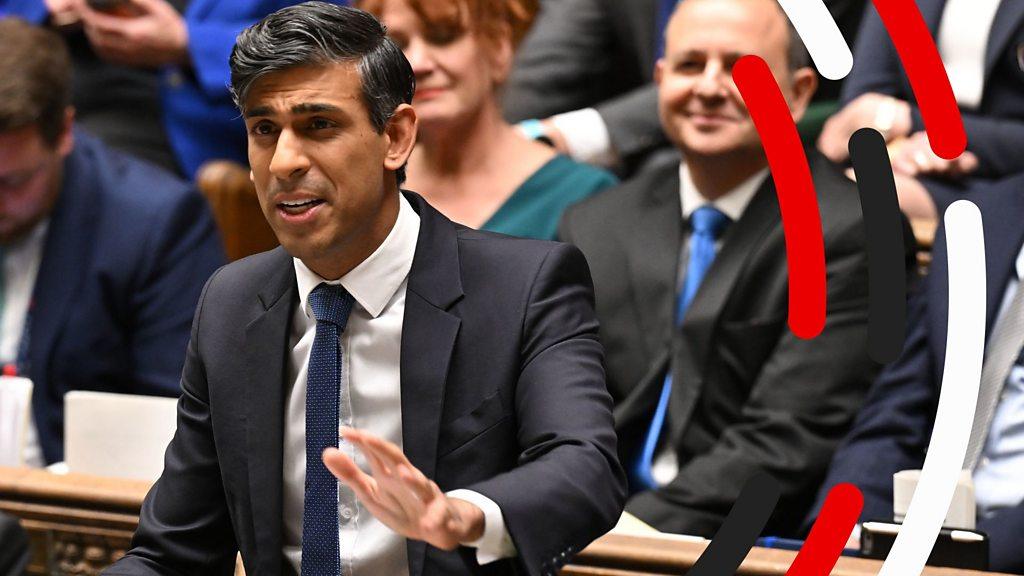Rwanda Bill: Peers continue scrutiny of deportation plans
- Published
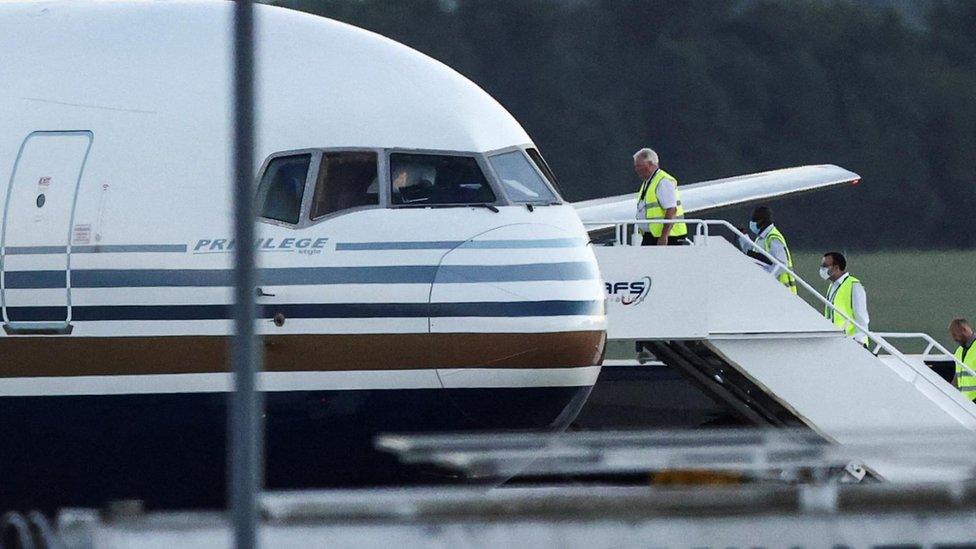
Legal challenges meant the first Rwanda flight was cancelled shortly before take-off in June 2022
Peers are continuing another day of detailed scrutiny of the government's Safety of Rwanda Bill on Wednesday.
The bill represents ministers' latest attempt to send some asylum seekers to Rwanda, after the Supreme Court ruled its plan was unlawful.
Debate in the Lords began on Monday, as opponents criticised the government for behaving like "despots".
But Foreign Secretary Lord David Cameron said it would be "wrong" for peers to "frustrate" the scheme.
The bill would make clear in UK law that Rwanda is a safe country and give ministers the power to ignore emergency injunctions, so that deportations can begin.
The bill now going through Parliament aims to prevent further legal challenges to the one-way flights, which were ruled unlawful by the Supreme Court in November last year, but won majority support from MPs in the Commons last month.
The prime minister has made stopping migrant crossings of the Channel in small boats one of his five priorities.
Wednesday's debate marks the second of three days of committee stage in the Lords, where peers comb through the draft legislation line by line. They have nearly 100 amendments to consider.
After votes on amendments at report stage - the next stage of the bill - peers will have the chance to hold a final vote before sending the legislation back to MPs to consider further.
On Monday, Labour peer Baroness Chakrabarti warned the bill "threatens both the domestic rule of law, especially the separation of powers, and the international rules-based order".
Former Conservative party leader Lord Howard countered that the Supreme Court judgement was a "finding of opinion" and suggested the government was therefore correct to override it where necessary.
But Tory peer Lord Tugendhat, whose nephew is security minister Tom Tugendhat, said: "What we are being asked to do really represents the sort of behaviour that the world associates with despots and autocracies, not with an established democracy, not with the mother of Parliaments."
Independent peer Lord Alton of Liverpool said that simply legislating Rwanda is safe "doesn't make it so".
"Saying a dog is a cat doesn't make it such. It may be your opinion but it isn't true."
Speaking on a visit to Scotland, Lord Cameron said: "Rwanda is a safe country in our view, they have made huge steps forward over recent years, they look after many refugees in Rwanda very well.
"And we need to get this bill through Parliament, get some of these flights away to demonstrate that this country is not going to put up with large-scale illegal migration."
Related topics
- Published13 June 2024
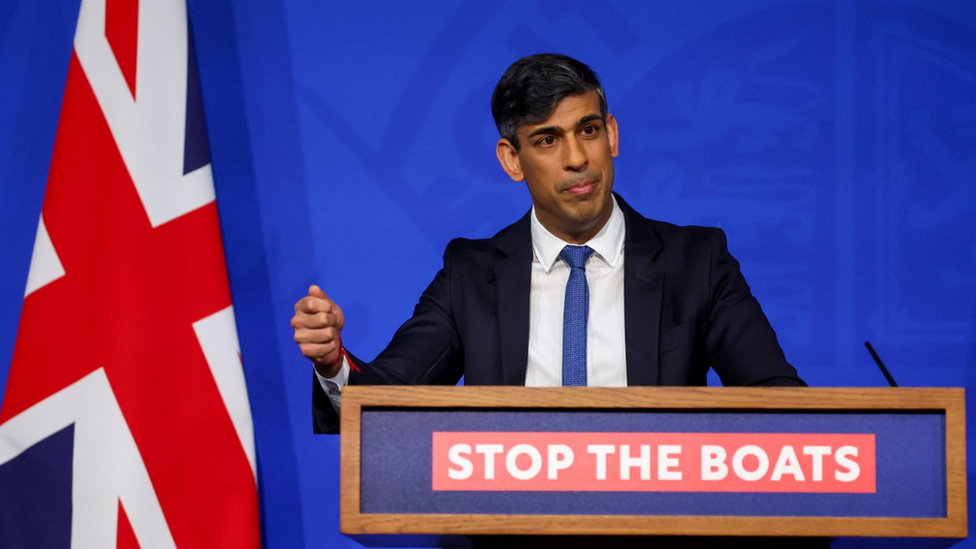
- Published29 January 2024
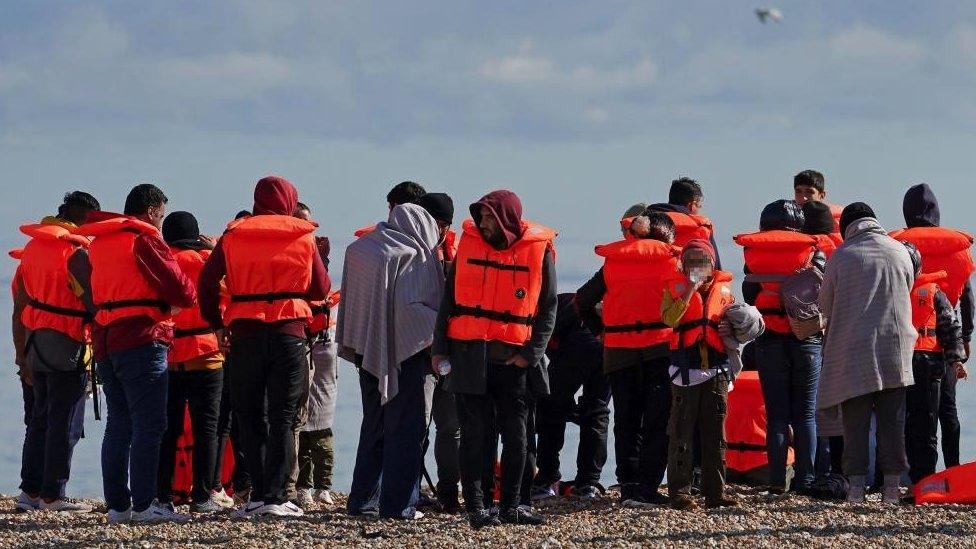
- Published18 January 2024
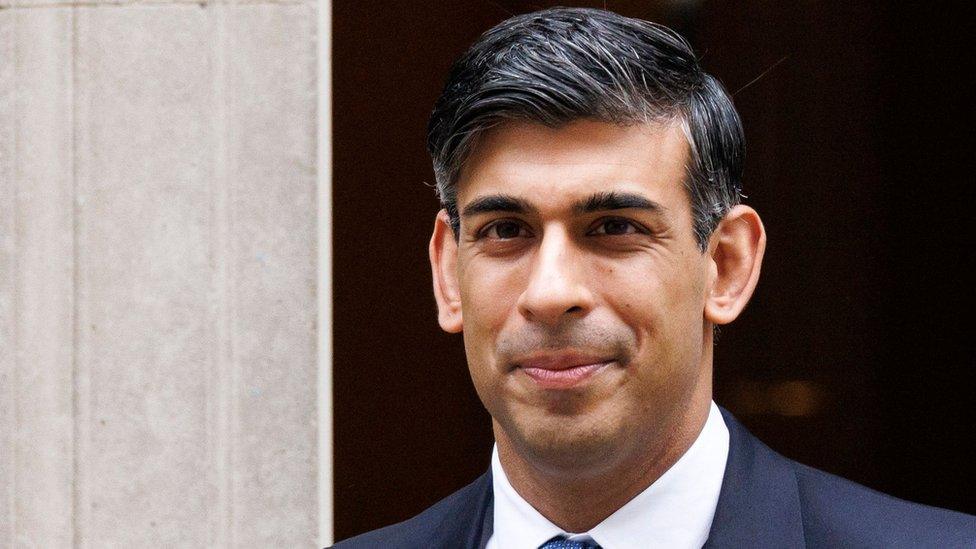
- Published18 January 2024
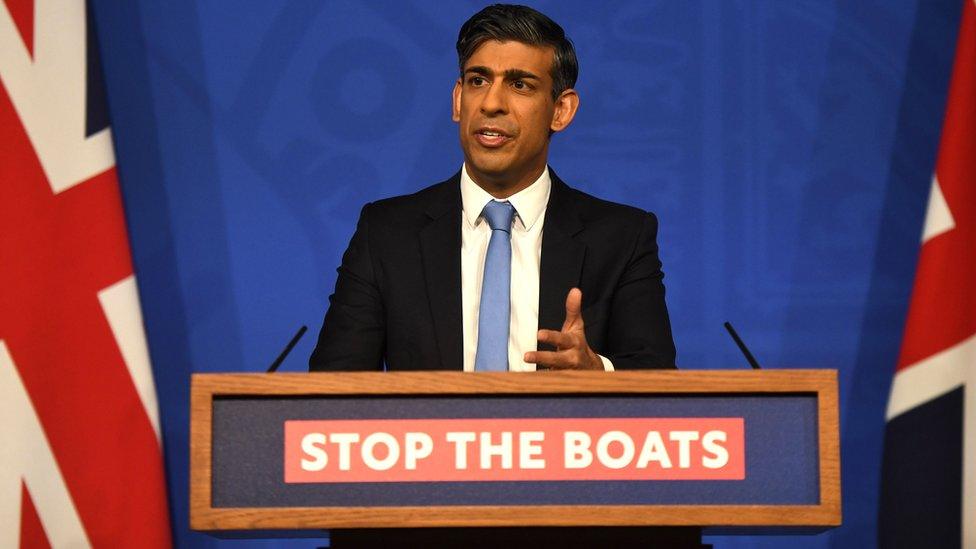
- Published17 January 2024
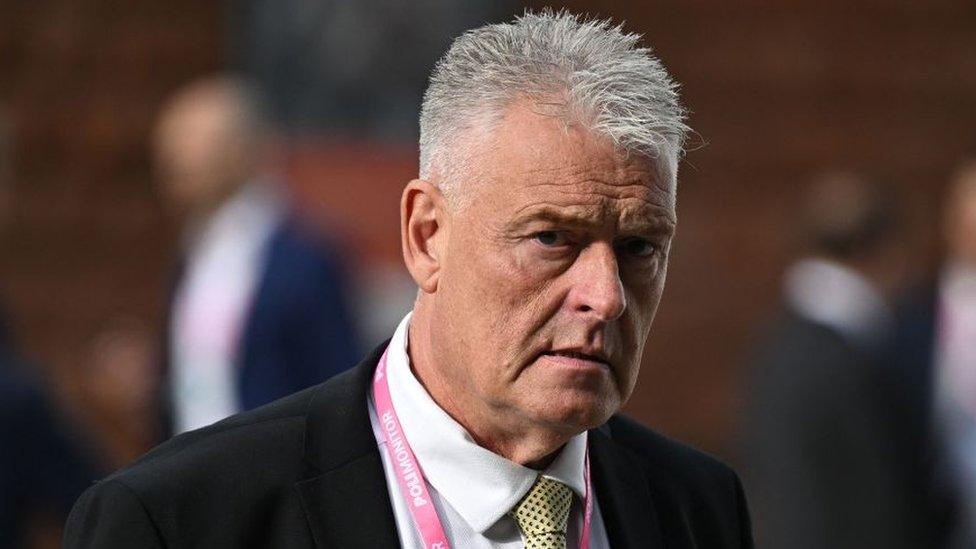
- Published12 December 2023
